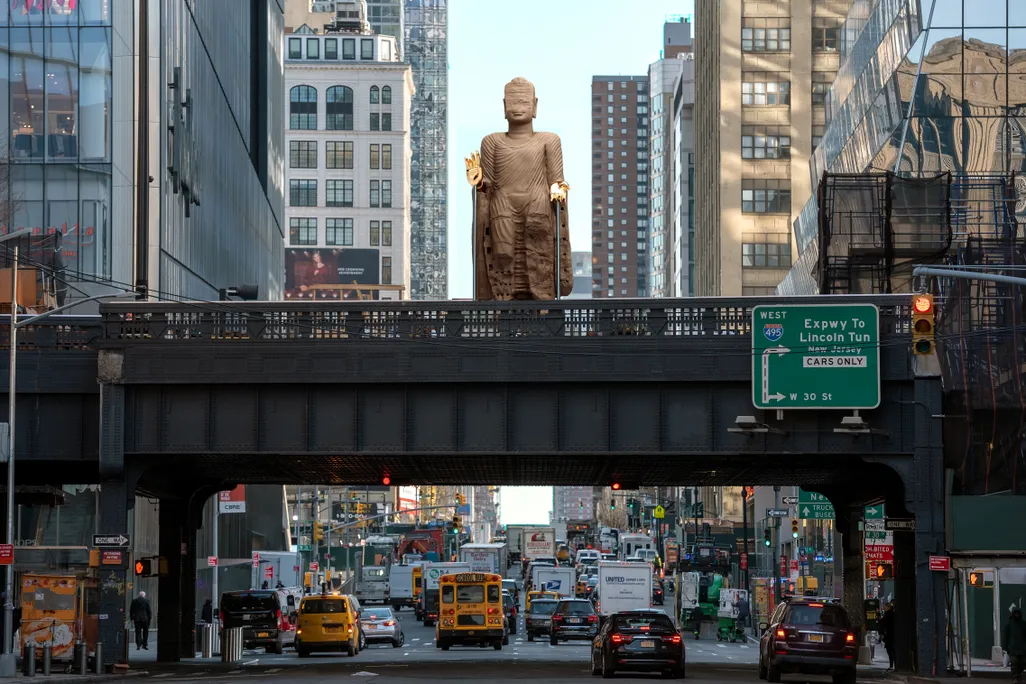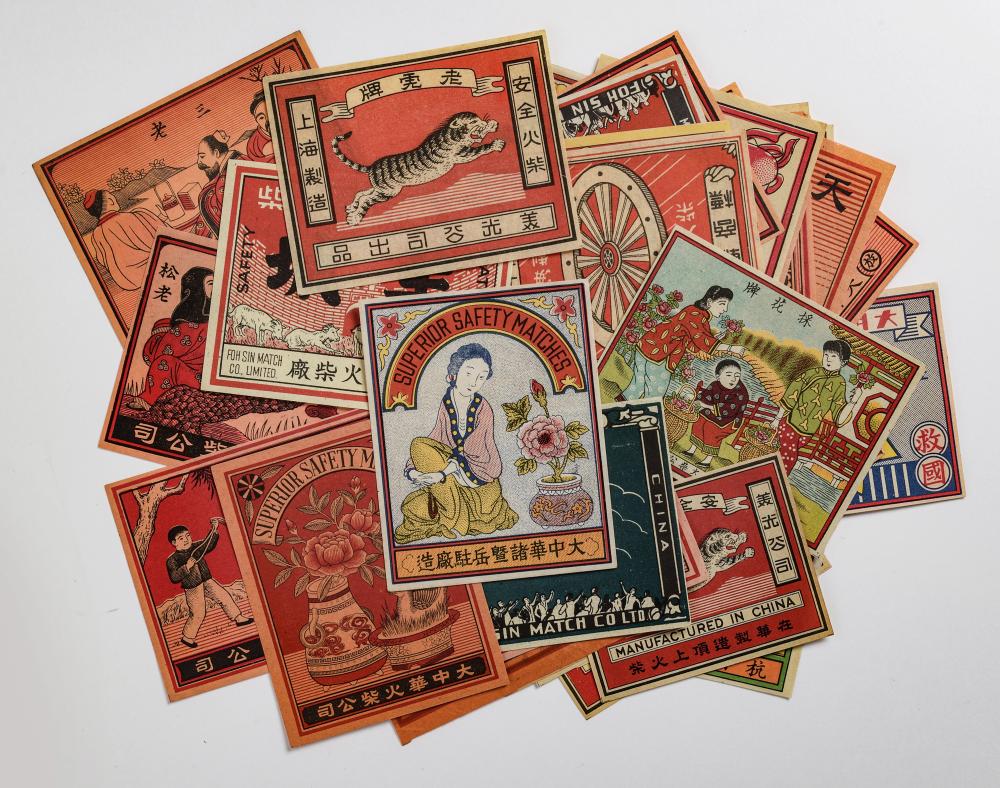The ’90s was a special time. Technology and culture were both changing rapidly, and the world shimmered with an overall sense of optimism (we didn’t know what a shitstorm the planet would be in like twenty years later). ’90s kids, too, hold a unique position, in that we’re the first generation to experience the all-encompassing might of the internet revolution, and the last generation to remember life without it. We’re native users of smartphones and social media, but also remember using infrared lasers to mate with our classmates’ Tamagotchis.

We’ve all been here
The ’90s generation in China is the same, but with an added layer of complexity. China in the ’90s was undergoing a period of rapid change on an even greater scale. The Cultural Revolution had come to a close in 1976, and was immediately followed by a series of sweeping economic reforms. The ’80s as a whole was a time of huge economic and cultural change in China, as the country rallied to transform itself from a dictatorship into a modern state. Troubling events and incidents did put a damper on the rising feeling of openness and modernity, but by the time the ’90s rolled around, the overall motif was one of a steadily growing economy, and increasing cultural alignment with the outside world. President Jiang Zemin oversaw an era in Chinese politics that was in many ways more progressive and liberal than the one we’re seeing today.
Conversations with local friends who grew up during those years shed light on some of the surprisingly international currents they were able to ride to a position of global perspective. Zhao Yinyin, a photographer and Radii contributor in Shanghai, grew up in Guangdong, within reach of the Hong Kong airwaves where UK programming held a significant presence. She recalls being raised on an international diet of Teletubbies, before finding her own home base in the world of Doctor Who:
 Photo of the day: The Forgotten Teletubby CrazeArticle Oct 25, 2017
Photo of the day: The Forgotten Teletubby CrazeArticle Oct 25, 2017
I’d been watching TVB — a legendary Hong Kong TV station — since I was literally a baby. TVB had their own productions, from serious political news to children’s shows and soap operas, and I watched them all. Later when I was about 11 or 12, I started to watch English TV shows on the English TV station, which is also owned by TVB. That’s how I discovered my first favorite BBC program, Doctor Who.
During that time I also really liked MTV, a Chinese version based in Beijing. That’s how I started listening to Western music. I remember my favorite program was called Indie Music, which was only showed late at night. I was also already on the internet by that time, at about eight or nine years old. Since then, every time I saw an interesting Western TV show, or band or musician on TV, I liked to learn more about it on the internet. Google was always my first choice, because I needed to search through English information. So with the internet, I found more Western TV shows and music.
Browsing the internet led her deeper into the world of UK culture, from rock groups to the cult hit TV show Skins. Online searches are obviously still available, with domestic providers like Baidu offering an extra element of control to government wings that regulate media. But back in the day, Google was still a go-to search engine in the Mainland. Google China was founded in 2006, presenting results that were subject to censorship for sensitive topics, but still usable. But in 2010, in response to a Chinese-originated hacking attack, Google China began to redirect all Mainland search queries to Google Hong Kong, which was uncensored. It was blocked on the Mainland shortly after. Friend of Radii Brian Ma reflects on the process:
I remember learning to use Google in computer class at school. They were like, this is a search engine, here’s how you use it. But Google wasn’t blocked just like that — there was actually a Google China company, and they left because the government made them leave. There was the Google China website that was only for China, and when they left it got switched to Google Hong Kong. So if you typed in Google, it would automatically go to the Google Hong Kong website, and then it was completely blocked. So it was kind of like a gradual process.
Brian’s own childhood was filled with foreign programming of an entirely different nature. He recalls growing up on B-Robo Kabutack, a live-action robo-battle import from Japan, which is best described via the following video footage:
Absolutely kickass
Today, this is kind of inconceivable. This kind of blatant display of Japanese-ness would not be sanctioned in 2017 China, where the networks are more likely to host an endless series of bizarre, low-budget, anti-Japanese war dramas. The presence of anime, too, is curbed in order to carve out more room for homegrown animation. The line between what gets censored for content and what gets censored to remove competitors of domestic companies is blurry.
The youth of China today are in a strange situation. In the age of smartphones and constant connection, communication flows are at an all time high — but the flow of information in society itself is more heavily regulated.
It’s miles away from the early years of Brian and Yinyin, who are both now full-grown citizens of the world, and who were largely molded by the foreign media they consumed in the ’90s. Yinyin says:
It’s definitely different right now. Young people don’t watch TV anymore, they watch it online, which means you have to choose your own programming. The VPN stuff started from around 2008, so now kids are only exposed to Chinese shows, or maybe Korean ones, which were always welcome here, at least before the current political dynasty.
But honestly, for those kids from high-earning families who live in major cities in China, of course they will be international someday. Their parents will push them, and their privileged upbringing will play a role as well. In that sense, the depth of information out there isn’t for everyone anymore.
If ’90s kids are in a unique position worldwide, that generation in China is in an even more distinct spot. In addition to being the last generation to remember life without ubiquitous internet, and the first generation to grow up native with it, they’re also the last generation to remember a China of true international media flow, and the first generation to experience that tap being turned off. The generation on the rise today is a mystery, and it remains to be seen how this wave of young Chinese will self-educate and develop in these totally different circumstances.


















